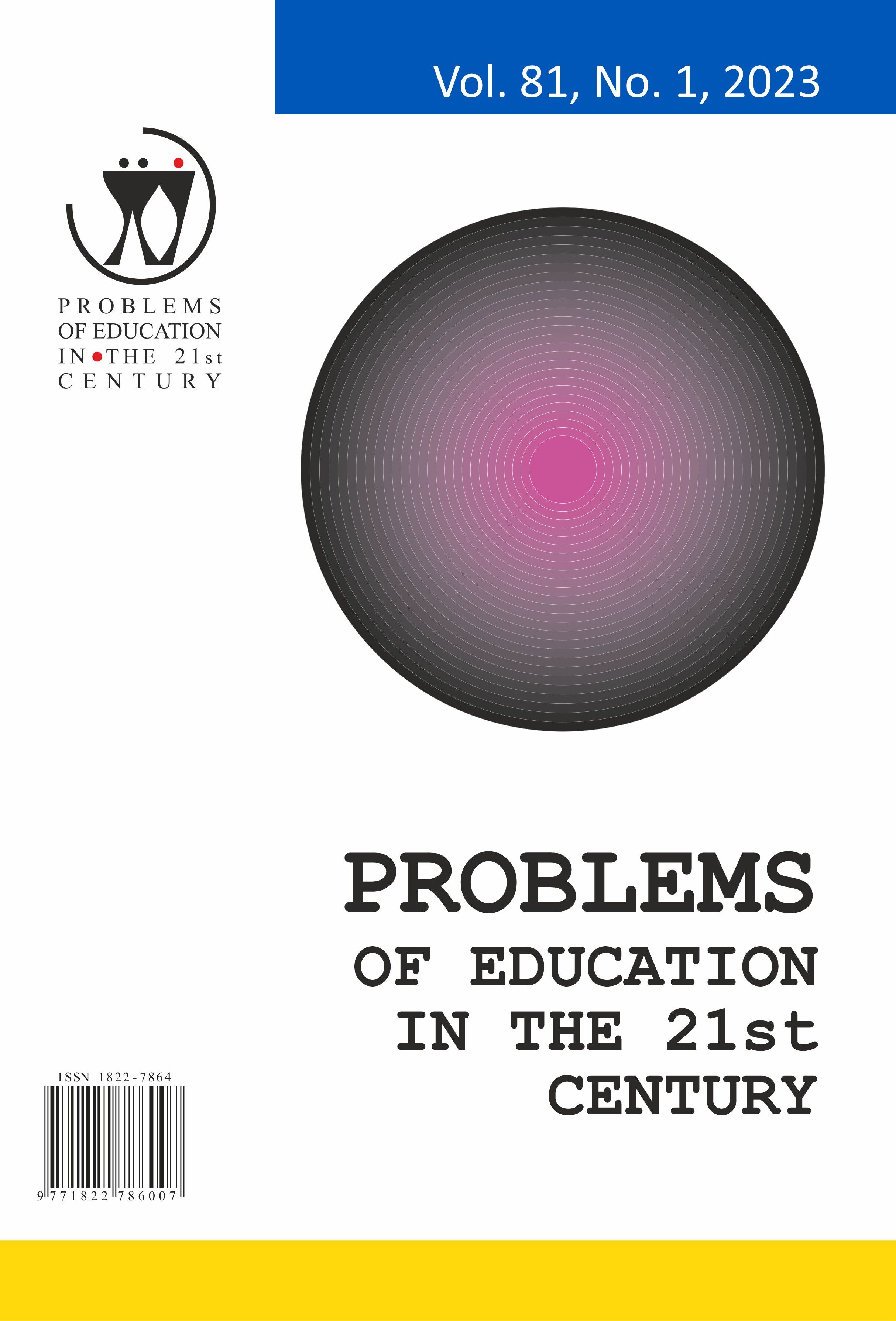TEACHER'S OPINIONS ON USING WEB-BASED E-ASSESSMENT AND EVALUATION APPLICATIONS IN EDUCATION
TEACHER'S OPINIONS ON USING WEB-BASED E-ASSESSMENT AND EVALUATION APPLICATIONS IN EDUCATION
Author(s): Okan SarıgozSubject(s): Education, Distance learning / e-learning
Published by: Scientia Socialis, UAB
Keywords: e-assessment and evaluation; digital assessment; digital evaluation; web-based assessment-evaluation;
Summary/Abstract: Whether assessment-evaluation, which is one of the most critical elements of the teaching process, is carried out according to the requirements and conditions of the age poses an important problem for both teachers and students. How digitalization is reflected in the assessment and evaluation part of teachers' lessons in today's schools is a question that needs to be answered in the light of this problem. This research aims to examine the opinions of teachers about web-based e-assessment and evaluation applications based on digitalization. The research was carried out with a phenomenological design within the framework of qualitative research approach. The study group consists of 44 teachers working in state high schools in Hatay, Turkey. The data were collected face to face through a semi-structured interview form consisting of 5 questions. Data analysis was performed with content analysis method, which includes coding, categorization, and theming processes. As a result of the analysis, 4 different themes (advantages, disadvantages, teacher efficacy, suitability of the program) were obtained. As a result of the research, it was concluded that digital e-assessment evaluation applications, which are web-based e-assessment evaluation tools, have advantages such as being time-independent and practical, and storing, as well as disadvantages such as technical problems, preliminary preparation and not being suitable for every course. In addition, results were obtained in the research, such as that the curricula are suitable for web-based e-assessments and evaluations and that various technological or hardware deficiencies in the school make digital e-assessments and evaluations difficult. It was revealed that eliminating the inadequacies of high school teachers in e-assessment and evaluation practices is also related to eliminating the deficiencies in the dimension of schools and students. Suggestions were made for practitioners and researchers to identify and remedy these deficiencies.
Journal: Problems of Education in the 21st Century
- Issue Year: 81/2023
- Issue No: 1
- Page Range: 117-129
- Page Count: 13
- Language: English

